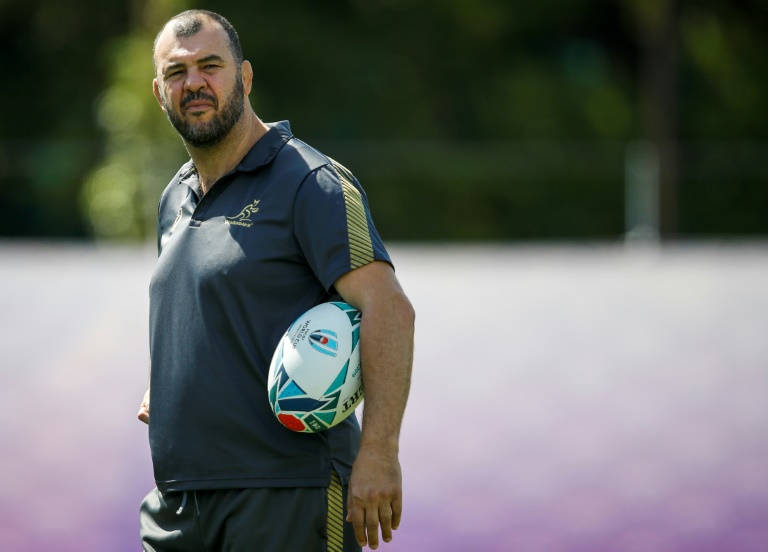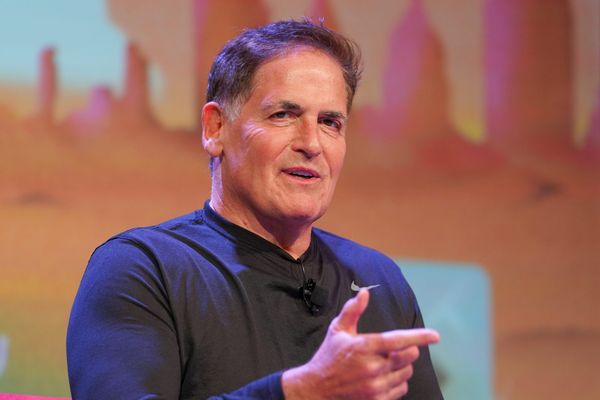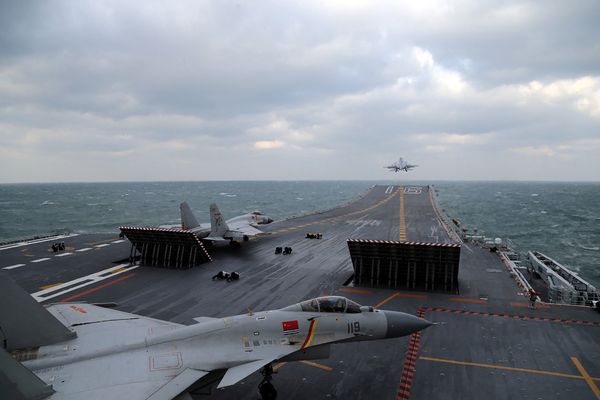
Tokyo (AFP) - Australia will not appeal the three-match ban handed down on winger Reece Hodge for a high tackle in their opening World Cup match against Fiji, the Wallabies said on Saturday.
Hodge became the first player cited and banned at the tournament in Japan following the incident in the Wallabies' 39-21 Pool D win over the Fijians last Saturday.
His hit on Peceli Yato left the Fijian flanker concussed and unable to return to the pitch.
There was a six-match entry point for the offence, but that was halved by a disciplinary committee because of Hodge's previous clean record and good character.
Australia coach Michael Cheika has rallied behind Hodge, arguing that the tackle didn't even merit a penalty.
"We've deliberated with our Q.C.and several other legal minds in Australia and we've come to the conclusion that we won't be appealing," Cheika said Saturday.
"If they can't see that that tackle doesn't meet the red card threshold on first view, I worry a little bit about going back there and getting more...After speaking with Reece, we decided not to do it."
The coach has said that no one in the Wallabies team thought the hit met the red card threshold.
"We're not going to allow it to bother us," insisted Cheika after days of railing against World Rugby chiefs.
Even Wales coach Warren Gatland had words of sympathy for Hodge ahead of the two teams' crunch Pool D clash at Tokyo on Sunday.
"You saw the incident in real time and it didn't look like much and then you go to replays and slow it down and it looks much more sinister," Gatland said.
"He's been a bit unfortunate in terms of picking up that ban and hopefully he will still get more time in this World Cup."
'Never any malice'
Hodge, who was criticised after reports alleged he had not studied the high tackle decision-making framework, issued a statement Saturday defending himself and the Wallabies staff.
"Firstly, to Peceli, I hope you're recovering well from the incident and wish you all the best for the rest of the tournament," said Hodge.
"There was never any malice in the contact and any suggestions to that effect are simply false."
Hodge added: "As rugby players, we are aware that contact to the head in a tackle is detrimental to the safety of our opposition and will be met with some form of sanction."
Players are coached to tackle below shoulder height and never intend to hit the neck or head, stressed Hodge, adding: "I never want to hurt anyone."
The 25-year-old Rebels winger argued that the high tackle decision-making framework was designed for administrators, "and actually has little to no bearing on my decision-making on the field when approaching contact."
"Numerous articles suggesting I admitted to not knowing the 'new tackle techniques' are an utter fabrication," he said.
According to the official World Rugby minutes of the hearing, Hodge "conceded that he had no effective knowledge" of the framework and "had not been trained on it."
But Hodge said he had been asked "my knowledge of the framework specifically, not of any 'new tackling techniques' or whether I knew tackling high was going to be penalised.
"With that said, it was an obvious accident and I will pay a heavy price."
The new high-tackle protocol has been a major talking point in the build-up to the World Cup, with many expecting a rush of red cards as referees crack down on dangerous hits.
Apart from Hodge, Samoan pair Rey Lee-lo and Motu Matu'u, and American John Quill -- who received a red card for his effort -- have also received three-match bans for dangerous tackles.







